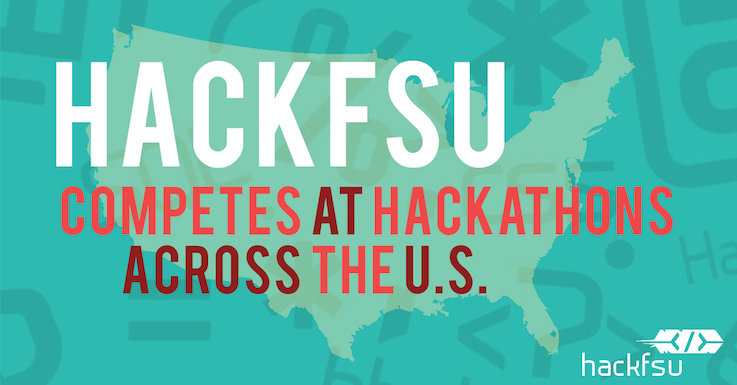 From our very own Florida State University to Georgia Tech to the University of Michigan, universities all over the country are hosting hackathons. At these weekend-long events, teams of computer programers, system developers, interface designers and the like come together to work on a variety of computer-related programs.
From our very own Florida State University to Georgia Tech to the University of Michigan, universities all over the country are hosting hackathons. At these weekend-long events, teams of computer programers, system developers, interface designers and the like come together to work on a variety of computer-related programs.
Despite what the name of the event may suggest, hackathon participants don’t focus on breaking into databases and security systems. According to the website for the University of Michigan’s hackathon, teams are “applying…knowledge of app development, web development, hardware, and more to create innovative solutions to existing problems.”
GT Hacks, the hackathon event hosted by Georgia Tech, occurred most recently. From September 25 – 27, hackers attended talks hosted by tech giants such as EA, Microsoft and Apple and competed for awards such as Best Use of Documented Interface and Top iOS/OS X app. The top hacking team and runner up were each awarded flight tickets to anywhere in the world, while the third place winners were awarded flight tickets to anywhere in the country as well as Dell tablets.
Additionally, the University of Michigan’s 6th MHacks took place from September 11 – 13. The event focused on creation, community and mentorship in order to provide in an environment in which every hacker could grow, no matter how little or much experience they had with hacking and computer interfaces in general. Sponsored by big names such as Google, Bloomberg and Facebook, MHacks 6 drew over 1,500 participants to design software and hardware products.
FSU students also attended MHacks 6, including Computer Science major Deborah Venuti. Her favorite part of the experience was working with a team in an environment full of other students who love technology.
She says, “It was a really great feeling to see your team put together an entire idea in so little time.”
FSU’s hackathon, dubbed HackFSU, took place back in March. Sponsored by Domi, Starbucks and Ionic Security, to name a few, the event took place inside Dirac Science Library and lasted for 30 hours. HackFSU kept the mood light with a ’90s theme and valued the learning and community aspect of the event more than anything else. Anyone in college was allowed to apply to participate, as well as those who had graduated within the past year. Some high school students were also accepted.
Although information on the 2016 FSUHack has yet to be released, it is sure to be a well-received event by FSU’s computer programming students.
To learn more about FSU’s Computer Science program, click here. Additionally, click here for more information on upcoming hackathons around the globe.

